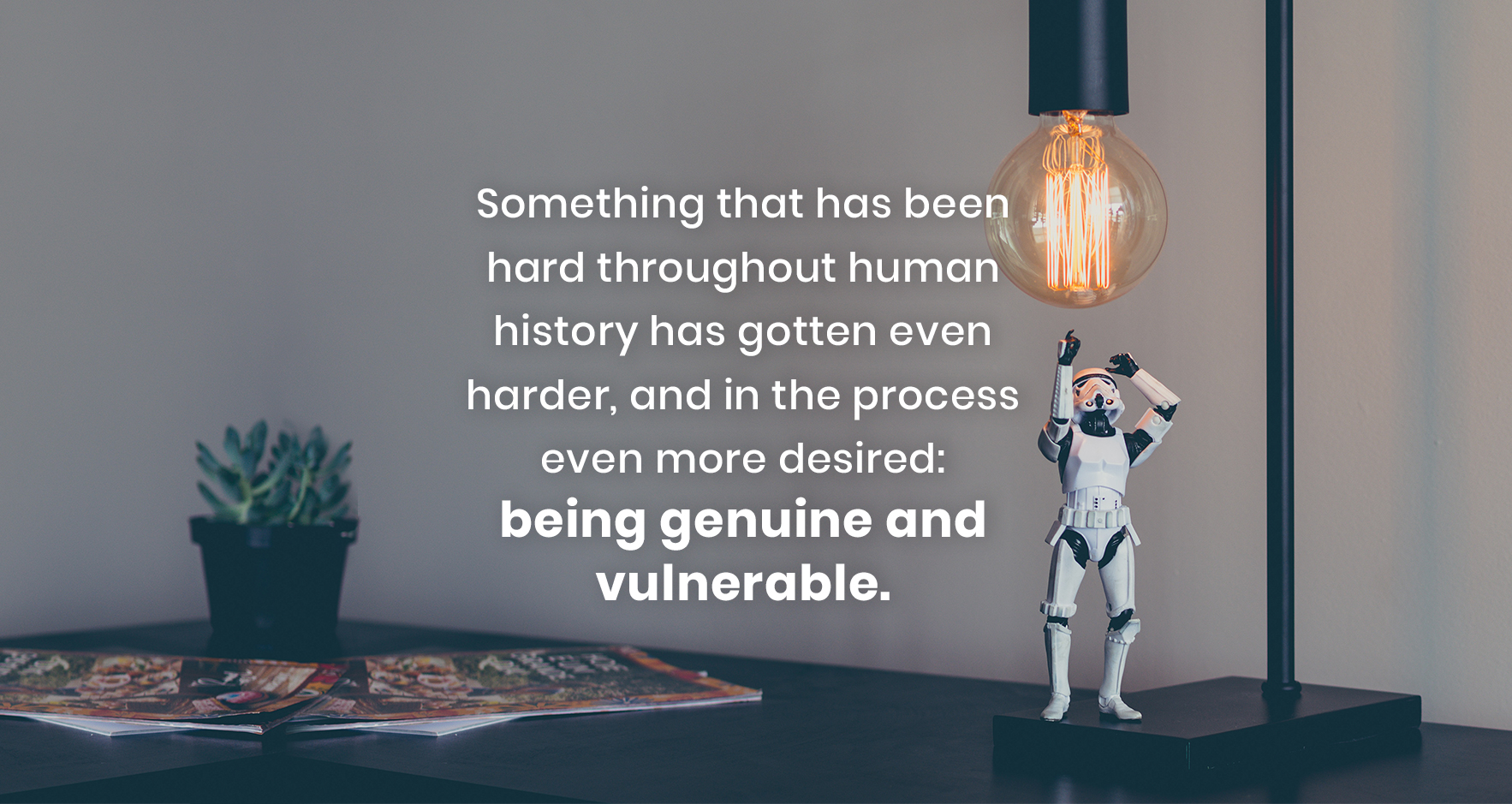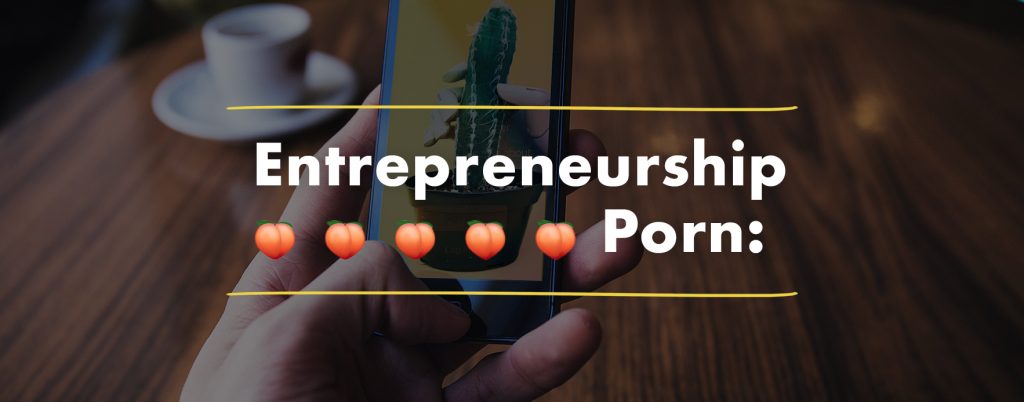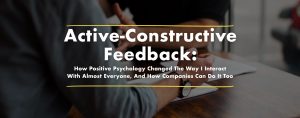Entrepreneurship Porn: Wishful Thinking, Willful Delusion, and WeWork
The word got your attention, didn’t it? Let me join the legion of people who have begun a discussion of porn, entrepreneurship or otherwise, in quoting Supreme Court Justice Potter Stewart when he said of pornography, “I know it when I see it.”
There’s a lot in that word, porn: it’s fraught with a lot of feelings, positive and negative (depending who you ask), but we know it when we see it. Maybe it’s precisely the fact that it is emotionally fraught that makes something pornographic: something about it is inherently transgressive, extreme, and (if we’re the target audience) at least a little bit thrilling.
There’s a kind of porn whose viewership is on the rise these days. It isn’t illegal, or even taboo, but it still meets all those criteria mentioned above: entrepreneurship porn. Stories of people from attractive demographics, under impressively adverse circumstances, making blowout successes of their startups- often after countless failures that would have brought mere mortals like us to their knees. The single mom that started an online delivery service for spumoni that raised 2 billion dollars in venture capital in the first 30 seconds. The ex-convict that invented a motorcycle that cures obesity who bought a private island after a year of record-breaking (always record-breaking) profits.
We (humans inhabiting the digital world) haven’t been great at healthy interpersonal interaction lately: the news and media are full of scoldings about how lonely and anxious we are, “because screens.” Something that has been hard throughout human history has gotten even harder, and in the process even more desired: being genuine and vulnerable. Digital marketers talk constantly about the “genuine voice,” and the first selling point of anything - product or person - is usually some variation on “authentic.” We want to feel like what we’re doing and how we’re living is okay, and for those of us who are entrepreneurs or aspiring entrepreneurs, entrepreneurship porn is part validation, part adrenaline infusion, part comfort food. It makes us feel good and we don’t care that it might be lying to us (it is)- exactly why it should be called porn.

Entrepreneurship porn revels in the “hero’s journey,” the adage from Jungian psychology that everyone now suddenly knows: an everyman from average circumstances overcoming a predictable arc of adversity and emerging at the end as a superman. Entrepreneurship porn is everywhere, like in the interviews with startup superheroes saying things like, “my defeat makes my success sweeter,” which is of course very easy to say when you have managed to achieve a success that surpasses the sacrifice, loss, and distress of all those previous attempts.
And I get it, I really do. Being an entrepreneur of any scale is hard. There’s very little incoming affirmation- from our friends, our families, our colleagues. It’s natural to want inspiration. I’m not against inspirational stories. We all need a little faith.
But I also believe that when we entertain ourselves, when we comfort ourselves, we should do so with eyes wide open and understand reality, even when we choose to take a break from it. Entrepreneurship porn is marketing. It’s atypical. It’s not real. And just like other forms of porn, it can be harmful when we can’t separate our expectations and our self-image from what we see reflected in stylized, exaggerated, carefully-curated tales of people, outcomes, and events less statistically likely than being struck by lightning twice in a year.
WeWork is a great example of a grounded, useful resource for entrepreneurs that became an engine of pure entrepreneurship porn. As you probably know, WeWork is going down in flames these days, and it’s popular to dig at it. I was one of the first group of people who joined up with WeWork, back in 2011, before it became “a thing.” I was at the second-ever WeWork site. I needed a flexible office space at a reasonable price; WeWork was offering exactly that. It was about as exciting and complicated a relationship as I have with the very nice people who ring up my purchases at the grocery store near my apartment.
Then things got weird.

WeWork went from “rent a desk, cubicle, or office for a couple hours” to an incorporated religion building churches to the worship of the grind, hustle, and “do what you love,” complete with an internal social network, grabbing headlines like “How WeWork Plans to Be the Ecosystem for Your Entire Life” (and convince you that the very concept of that somehow isn’t terrifying).
The idea was if you stick a bunch of young (always young), dynamic, intelligent, attractive (always attractive) professionals in the same space, their creative energy will synergize into amazing things.
You just THOUGHT you were going to your WeWork space to bang out a few blog posts- little did you know you’d be invited into an interstellar drive program that would be picked up by a tech incubator for billions!
Of course, there’s a grain of truth in that: put smart, energetic people together and allow them to interact, and they’re likely to collaborate on more interesting things than if they hadn’t interacted. Many people who were brought together by WeWork did well. Many went nowhere. Just like everything else in the business world forever.
All I needed was an office. Not a hustle movement. I don’t need a movement. So why did WeWork try to sell me one?
Many people who were brought together by WeWork did well. Many went nowhere. Just like everything else in the business world forever.
Entrepreneurship porn is a symptom of a broader social condition: we’re oversaturated with choice. As with most things in life, the more you have of them, the less they individually tend to mean to you, and the psychic slump humanity is in lately is characterized in large part by a desire for meaning. A movement gives you that meaning- more motivation, a vision of collective freedom, an escape route- don’t play by the rules your parents played by, there’s a smarter, faster way to be successful and wealthy, and look at these folks that did it!
WeWork got so caught up in their message of entrepreneurial porn that they started to believe too much of it- they got high on their own supply and lost the core value of “office space.” They became seduced by their concept art of selling beautiful, talented people a bubble to put over themselves to become more and better, and forgot to actually run a business.
Many people become entrepreneurs today because they feel we’re in a “post-company” age; that the identity previous generations found in loyalty to the company they work at or spending years in service to the same organization is being replaced, inescapably (and maybe desirably) by gigs, transitory work, and ill-defined boundaries between employer, employee, and consumer. We want a way to order ourselves in the world- and humans order themselves through stories.
There’s value in stories, in crafting latter-day fables and creation myths when the old ones won’t do. But they need to be honest, self-reflective, and something that we can look to for meaningful ways to measure ourselves and our goals- not attractive outliers to compare ourselves to.
No one wants to compete with a porn star.




